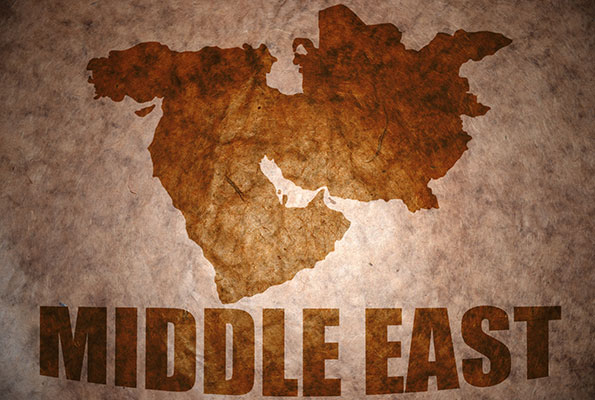In a move regarded as a threat to China’s regional economic ambitions, a multinational rail and shipping project connecting India with the Middle East and Europe was revealed on the fringes of the recent G20 meeting in New Delhi.
The corridor, which would connect India, Saudi Arabia, the United Arab Emirates, Jordan, Israel, and the European Union, would improve digital connection while boosting trade and delivering energy supplies.
The network, according to United States President Joe Biden’s national security adviser Jake Sullivan, reflects his country’s desire for “far-reaching investments” that result from “effective American leadership” and a readiness to accept other countries as allies.
According to him, a hub for economic activity would be established in the Middle East as a result of the improved infrastructure, rather than serving as a “source of challenge, conflict, or crisis” as it has in the past.
Joe Biden made the case for Washington as a different partner and investor for developing nations at the G20 conference to challenge China’s Belt and Road initiative on global infrastructure.
“This is significant. This is a huge deal,” Joe Biden declared, as he claimed the agreement would create “endless opportunities” for installing cable to connect communities and creating renewable electricity.
India was the host country of the summit, and Prime Minister Narendra Modi remarked, “Today, as we embark upon such a big connectivity initiative, we are sowing the seeds for future generations to dream bigger.”
India has made improving communication with all regions a top priority, said Narendra Modi, while adding “We believe that connectivity is a means to not only increase mutual trade between different countries, but also increase mutual trust.”
‘Game-changer’
Reporting for Al Jazeera from New Delhi, the capital of India, Katrina Yu stated that the transaction is being hailed as a “game-changer” by officials.
“They claim that it is an economic corridor built to connect Europe, the Middle East, and India. It will be made up of shipping and railroad lines that will cross the UAE, Saudi Arabia, Jordan, and Israel,” according to Katrina Yu.
“At this time, there are not many specifics. However, officials from the US and Europe who were there for the announcement hailed it as momentous and a game-changer. They claimed that it will reduce trading time between Europe and India by 40%,” she continued.
“China was eerily absent from this news. This appears to be an obvious attempt to compete with China’s enormous Belt and Road infrastructure effort, which was introduced back in 2013 and aims to link Asia, Africa, and Europe. So it appears that this is a counterbalance scheme after all,” Katrina Yu said.
Crown Prince Mohammed bin Salman was quoted by Saudi Arabia’s Al Ekhbariya TV as saying at the summit that the new project would involve pipelines for electricity, hydrogen, and railroads and would improve global energy security.
China reacted to the development by saying that it welcomes the corridor so long it doesn’t become a “geopolitical tool”.
According to Jon Finer, the US deputy national security adviser, during the bloc’s annual summit in New Delhi, the agreement will benefit low- and middle-income countries in the area and enable the Middle East to play a crucial role in international trade.
According to US authorities, it will facilitate the flow of energy and trade from the Gulf to Europe by reducing shipping times, costs, and fuel use by connecting Middle Eastern countries by train and connecting them to India via port.
The European Union, India, Saudi Arabia, the United Arab Emirates, the US, and other G20 partners were scheduled to sign a memorandum of understanding for the agreement.
“We believe there is a great possibility in connecting these important regions,” said Jon Finer.
There were no immediate specifics available regarding the deal’s worth.
Independent analyst Radha Kumar called it a “wonderful initiative” that will provide competition to China’s Belt and Road project.
She said, speaking from New Delhi, “China’s powers are growing so quickly that many countries feel the need to have alternatives.”
However, she went on to say that the new project wouldn’t necessarily threaten China’s ongoing global infrastructure initiative, which already has a separate life.
The Belt and Road program does not include India; hence this program provides a connection to India.
The action coincided with US efforts to broker a larger Middle Eastern diplomatic agreement that would see Saudi Arabia recognize Israel.



